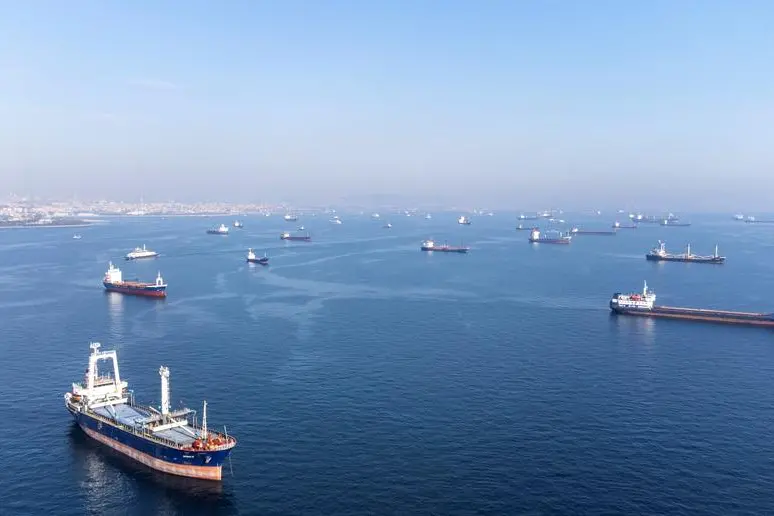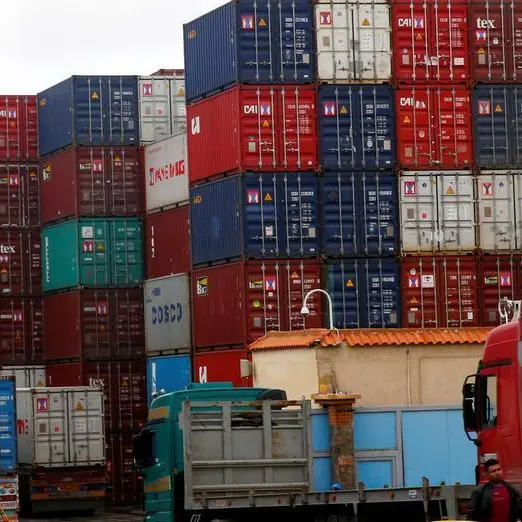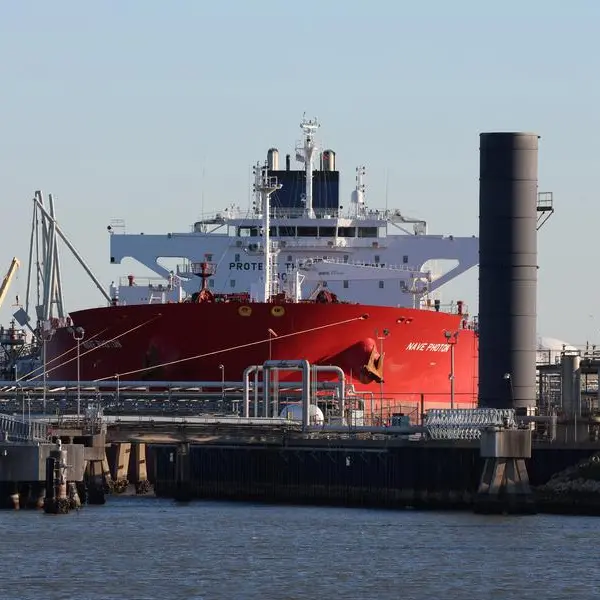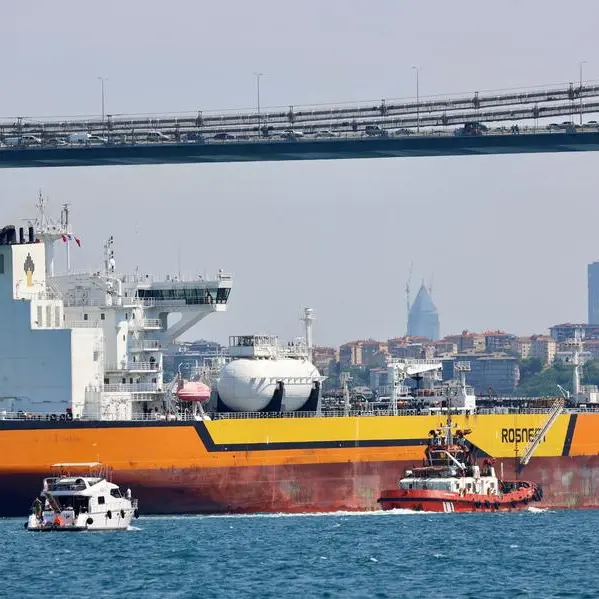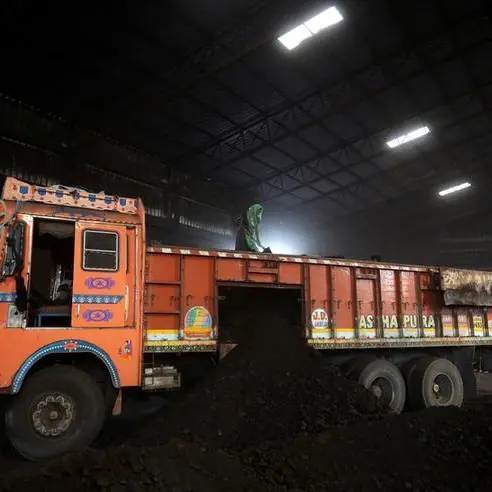PHOTO
LONDON - Russia said on Monday that it would be risky for Ukraine to continue exporting grain via the Black Sea now that Moscow had suspended its participation in a U.N.-brokered deal to facilitate shipments.
Moscow said on Saturday it was suspending its participation after an attack on its Black Sea fleet. Ukraine has neither confirmed nor denied it was behind that attack.
"In conditions when Russia is talking about the impossibility of guaranteeing the safety of shipping in these areas, such a deal is hardly feasible, and it takes on a different character - much more risky, dangerous and unguaranteed," Kremlin spokesman Dmitry Peskov told reporters.
Peskov again blamed Ukraine's actions for disrupting the deal.
Ukraine's President Volodymyr Zelenskiy has accused Moscow of "blackmailing the world with hunger" by pulling out of the deal. The accord allowed Ukraine to resume grain shipments after a Russian blockade of its southern ports following Moscow's invasion on Feb. 24.
Ukraine is a leading grain exporter, and its shipments are vital to avert a global food crisis and the threat of famine in parts of Africa.
Peskov said Russian contacts with Turkey and the United Nations, which brokered the grain export deal in July, were continuing. He declined to comment when asked what needed to happen, from Russia's point of view, for the deal to be resumed.
He did not spell out why shipments without Russia's involvement would be risky. Twelve ships carrying grain left Ukrainian ports on Monday despite Russia's announcement.
Russia's move has sparked an outcry from Ukraine, NATO, the European Union and the United States. U.S. President Joe Biden on Saturday called Russia's move "purely outrageous" and said it would increase starvation. U.S. Secretary of State Antony Blinken accused Moscow of weaponising food.
Before pulling out of the deal, Russia had complained for weeks that too little of the grain was going to the poorest countries.
Peskov said Russia would continue to support African countries but the details were complex and were still being worked out. "So far we can only guarantee the readiness of the Russian side to compensate for the falling volumes at its own expense," he said.
(Reporting by Reuters; writing by Mark Trevelyan, editing by Guy Faulconbridge and Gareth Jones)
